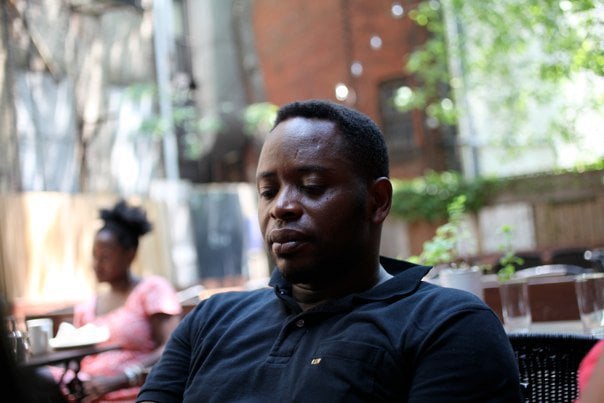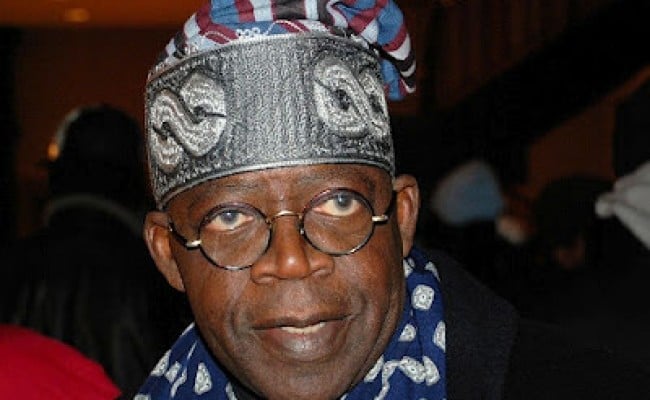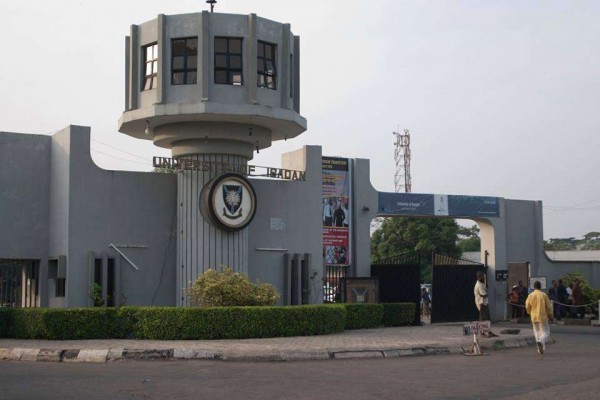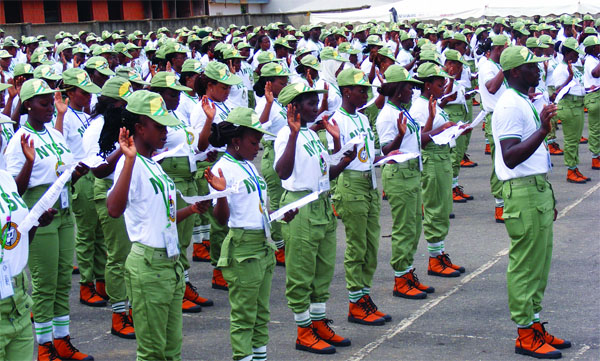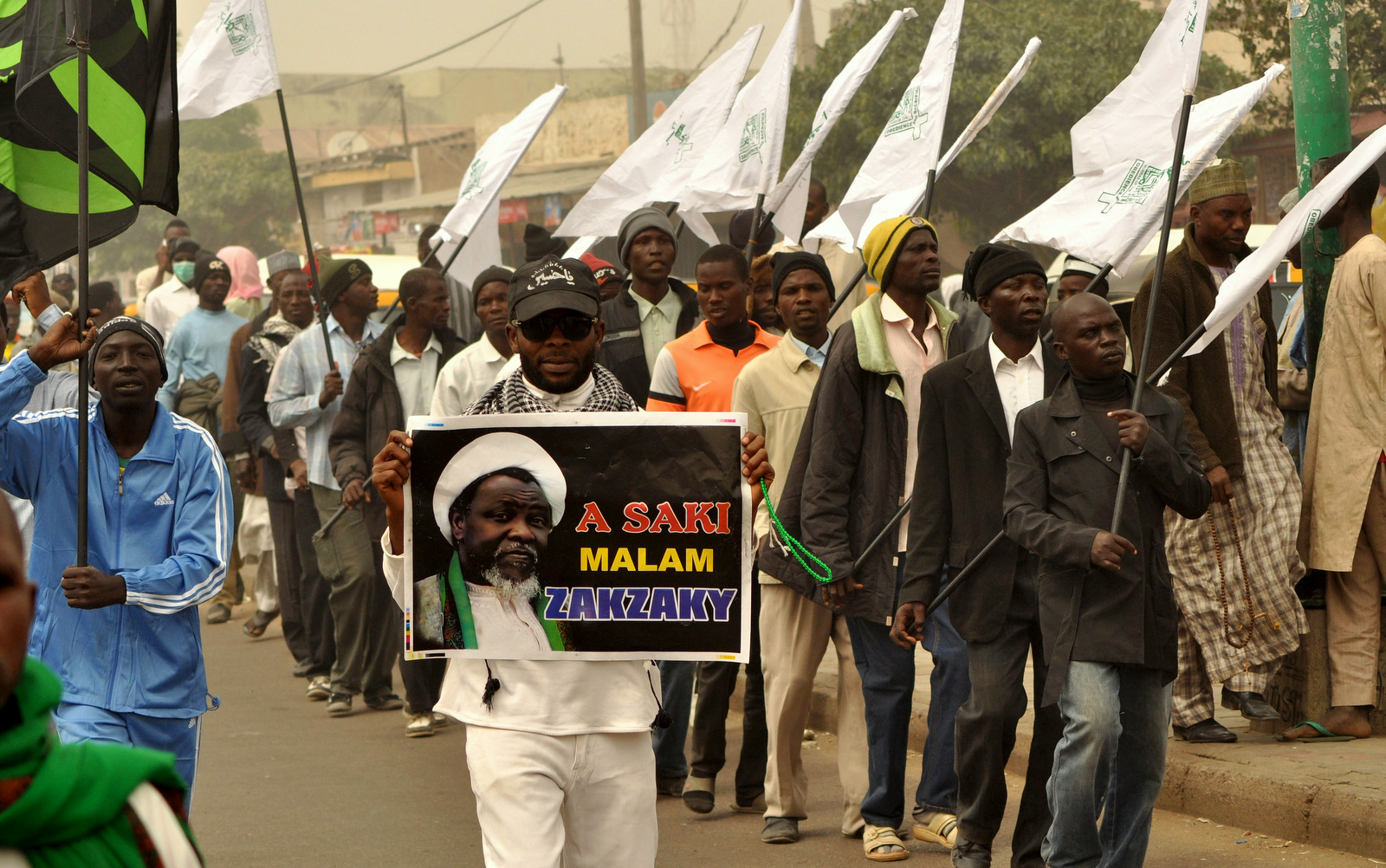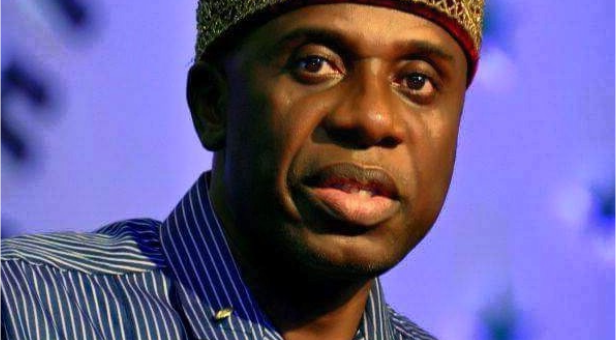BY ALKASIM ABDULKADIR
“I am happy that in the event of death, which will surely come, I can only pass into Ogoni folklore if nothing else”.
This is a phrase from one of the letters Ken Saro Wiwa wrote to his son Ken Wiwa Jr before his death. It is a gutting thought that Ken Wiwa Jr has now become a story and a memory – passing into Ogoni folklore like his father before him.
Long before I met, worked and became friends with Ken, I had encountered him on the pages of his enthralling and compassionate book, ‘In the Shadow of a Saint’ – a son’s journey in understanding his father’s legacy. No matter what your thoughts are about Ken Saro Wiwa, the book’s forthrightness is a compelling commentary about the quest for environmental and social justice for which Saro Wiwa eventually paid with his life. Also, Wiwa Jr’s frankness in understanding that his father was far from perfect represents one of his great qualities that I came to admire over time, a high degree of candidness.
Advertisement
“If this is your land where are your stories?” was a famous saying Ken Wiwa Jr loved to quote. Life for him was lived in episodic encounters – the journey motif was interwoven in the experiences that one gained every day and that the essence was for us to learn from it. Why live every day without learning a lesson from living? He was a chronicler of stories and he embodied it in its purest form. This outlook ensured that his daily experiences became rhythmic far away from the mundane to something very profound.
Nigeria’s youth bulge worried him so much he passionately sought roles and change in policies for youths – he was emphatic that the youth bulge could only lead to dividend or disaster and together with his colleagues in government they came together to curate the works of young individuals contributing to the industriousness of Nigeria, it was in the course of this project that we met. His ideas on what needed to be done showed his passion and commitment to Nigeria, especially his idealistic side. By the time we got together to work again as members of a public policy think-tank, my respect for his ideas had grown, especially the prerequisite of having a critical mass altruistic men and women in government.
For Ken, there was something nearly philosophical in his acceptance to serve in Olusegun Obasanjo’s government. He had been asked several times, and answered equally several times on why he came back to work with the country and government that hanged his father.
Advertisement
Some postulated that such pacifism was unfair to the struggles and memory of his father. In his opinion, struggles and advocacies each have their time and space. For the time and space he belonged to, subtle lobby and continuous conversations were the panacea to solving the Niger Delta problem.
Someone had to do this work from within. He accepted all the labels and thoughts that people had about his decision. It was this abiding conviction that enabled him to work through the Aso Rock Villa of President Obasanjo, President Umaru Musa Yar’ Adua and President Goodluck Jonathan. When the redemption of Ogoni land finally comes to pass, Ken Wiwa Jr’s name will be right up beside other Ogoni greats.
Ken was not the everyday politician in government. Even after 10 years, he was austere, mostly always spotting a black Tee-shirt, an occasional beret and black jeans. Perhaps aside the government-issued SUV he drove at times, nothing marked him as a VIP or an important oga in the strict Nigerian sense of the word. He was simple and affable. Those who didn’t really know him thought he was taciturn, because there was an intense reflectiveness about him, his words, when they came, were calculated – carefully chosen, making each conversation a robust experience.
For the last 4 years, Ken had asked me to write a book. He went to great lengths to even speak to his literary agent to shop around for a publisher for me, hounded me to send him the book outline and practically suggested less tasking ways to go about it. That was the kind of person he was. I dodged Ken for a year. Over time, I would send him messages and his responses were at best lukewarm. Then he made it obvious that he was upset with me.
Advertisement
Being the consummate story teller and a believer that people should never miss an opportunity to narrate their experiences, he had asked me to write about Boko Haram, to document my experiences of reporting Boko Haram and my understanding of their doctrine. Even when I argued that it was an evolving story, his retort was always write what you have experienced. This he said when we met last at a book reading.
The greatest tribute I can pay to him is to ensure that I write this book that he so wanted me to write. Ken was someone always looking out for the next person, always teaching, always lending a hand in support; he had ideas on how to solve thorny issues. In my thoughts are his kids, whom he loved and had special bond with, and also his siblings and friends.
Ken Wiwa Jr’s demise reminds us of our mortality, that our time here is short. Above all, that we must live and tell not just a story but a great one. Your Story ends here Ken, but your words and memory are immortal.
Abdulkadir tweets from the handle @alkayy
Advertisement
Views expressed by contributors are strictly personal and not of TheCable.
